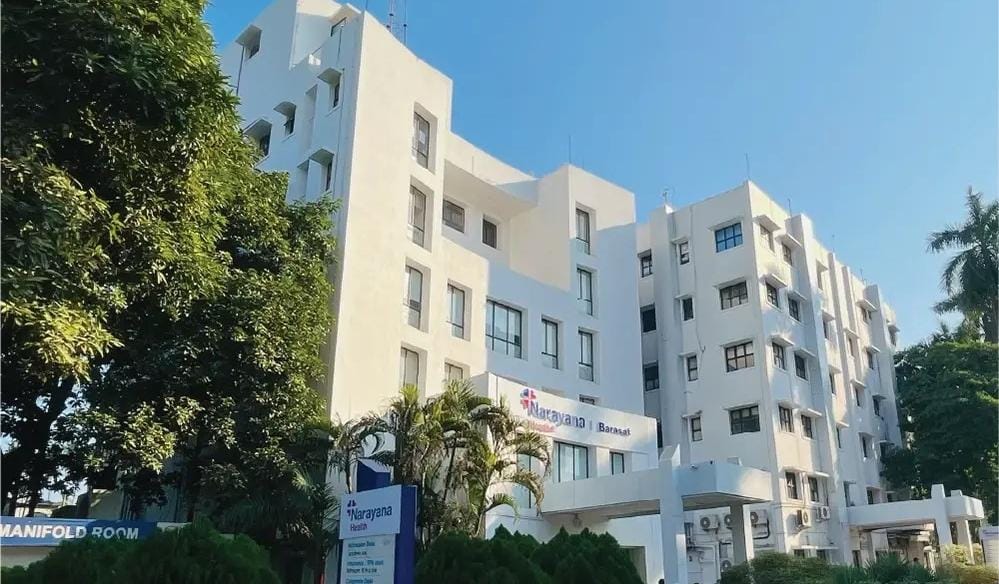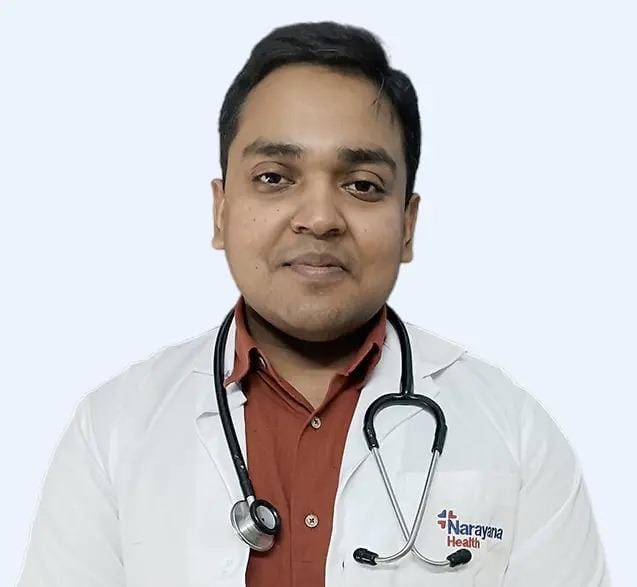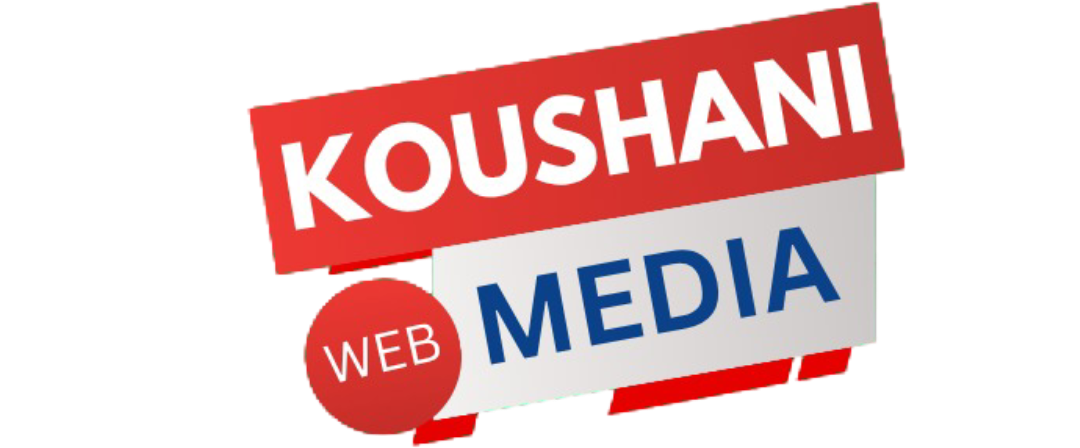
Golden Hour in Stroke: How Immediate Medical Response Can Change a LifetimeBy Dr. Amlan K Datta….
Golden Hour in Stroke: How Immediate Medical Response Can Change a Lifetime
By Dr. Amlan K Datta, Consultant Neurologist, Narayana Hospital, Barasat
When it comes to stroke, every minute truly counts. We as doctors often say “time is brain” — because with each passing minute after a stroke, nearly two million brain cells die. This World Stroke Day, the focus on the Golden Hour, the first 60 minutes after stroke onset, is a reminder that timely medical response can make the difference between recovery and permanent disability.

A stroke occurs when blood flow to a particular part of the brain is disrupted, either due to a blockage (ischemic stroke) or bleeding (hemorrhagic stroke). This sudden loss of oxygen leads to rapid brain damage, and the sooner blood flow is restored, the greater the chances of survival and recovery. If a patient reaches a stroke-ready hospital within the Golden Hour, doctors can administer clot-busting drugs or perform clot retrieval procedures to restore circulation. However, many patients in India still arrive too late, often because early symptoms are missed or help is sought only after a critical and avoidable delay.
The key lies in early recognition and swift action. The acronym B.E. F.A.S.T. helps identify the warning signs —Balance problems, Eye i.e. vision problems, Facial drooping, Arm weakness, Speech difficulty, and Time to act. If any of these symptoms appear, rush the patient to the nearest hospital immediately. Never wait to see if the signs subside; a stroke is a medical emergency that demands urgent attention.
Quick, informed action during those first moments can completely change a patient’s future. Families who recognize the signs and respond immediately often help their loved ones regain mobility, speech, and independence. Noting when symptoms began and providing doctors with basic medical details, such as ongoing medications or existing health issues, can further speed up treatment decisions.
Today, advanced medical technologies, including thrombolysis, mechanical thrombectomy, and neurorehabilitation, offer renewed hope for stroke patients. But these treatments are effective only when time is on the patient’s side. That’s why awareness and preparedness matter as much as medical expertise.
This World Stroke Day, let’s remember: the Golden Hour isn’t just a medical term, it’s the window of opportunity that can change a lifetime. Recognise the signs, B.E.F.A.S.T., and get to a stroke-ready hospital without delay.
